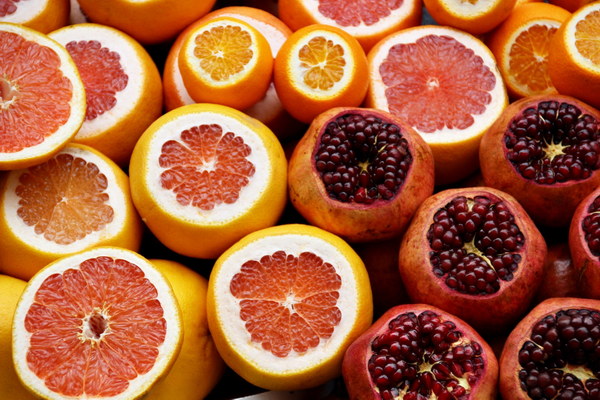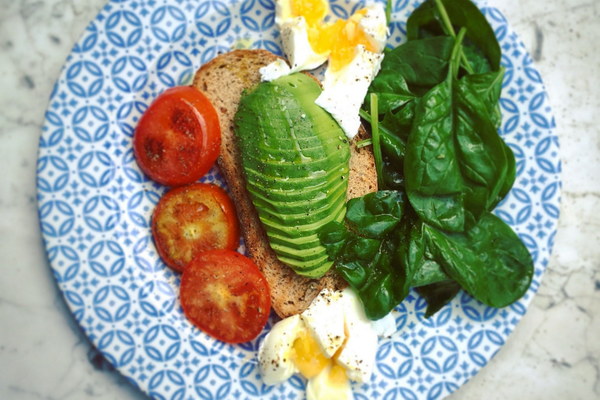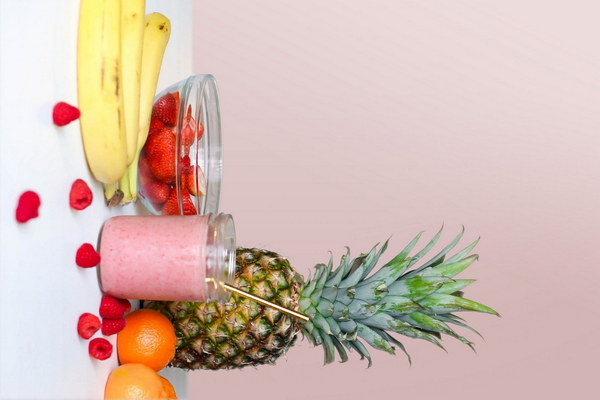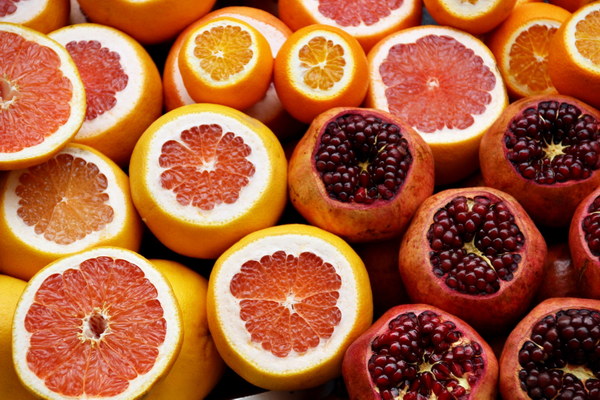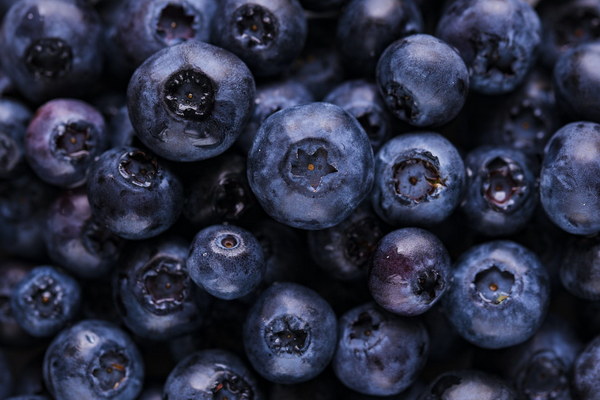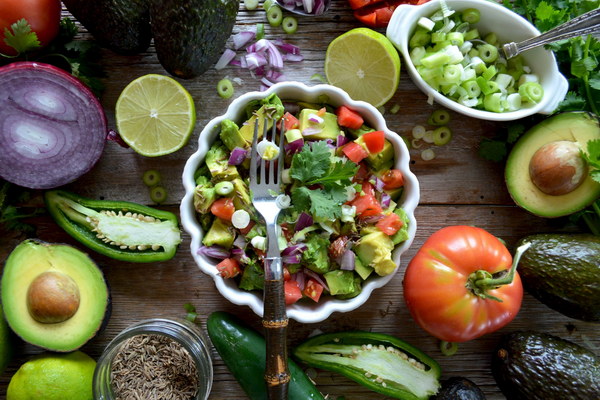Nurturing Liver and Blood A Comprehensive Guide to Liver Care and Blood Health
In the realm of traditional Chinese medicine, the liver and blood are intricately connected, each playing a vital role in maintaining overall health and vitality. The liver is responsible for filtering blood, storing blood, and regulating emotions, while blood is the substance that carries nutrients and oxygen to all parts of the body. Here, we delve into the essentials of how to nurture your liver and blood, ensuring optimal health and well-being.
Understanding the Liver and Blood Connection
The liver and blood are closely linked in Chinese medicine. The liver stores blood, which is vital for the health of the tissues and organs. When the liver is healthy, it ensures a steady supply of blood to the body, promoting strength and resilience. Conversely, poor liver function can lead to blood deficiencies, resulting in fatigue, weakness, and other health issues.
Tips for Nurturing Liver and Blood
1. Diet and Nutrition
A balanced diet rich in nutrients is key to liver and blood health. Incorporate the following into your meals:
- Green Vegetables: Foods like spinach, kale, and broccoli are rich in chlorophyll, which supports liver detoxification and blood purification.
- Fruits: Berries, oranges, and kiwis are high in vitamin C, which aids in the production of red blood cells and enhances iron absorption.
- Whole Grains: Quinoa, brown rice, and whole wheat bread provide energy and fiber, which help maintain healthy blood sugar levels.
- Healthy Fats: Avocado, nuts, and olive oil contain monounsaturated fats that support liver function and reduce inflammation.
- Herbs and Spices: Turmeric, ginger, and cinnamon have anti-inflammatory properties that can aid in liver health.

2. Regular Exercise
Physical activity is essential for maintaining healthy liver and blood circulation. Engage in activities such as:
- Aerobic Exercise: Activities like brisk walking, jogging, or cycling improve blood flow and oxygenation.
- Yoga: Practices that focus on breath and movement, such as Hatha or Vinyasa yoga, can help reduce stress and improve liver function.
- Tai Chi: This gentle martial art promotes balance, calmness, and blood circulation.
3. Stress Management
Stress can have a detrimental effect on the liver and blood. Here are some stress-reduction techniques:
- Mindfulness Meditation: Regular mindfulness practices can help calm the mind and reduce stress hormones.
- Deep Breathing: Practice deep, diaphragmatic breathing to lower stress levels and improve oxygen flow.
- Time Management: Organizing your time and setting realistic goals can reduce the feeling of being overwhelmed.
4. Adequate Sleep
Quality sleep is crucial for liver and blood health. Aim for 7-9 hours of sleep per night:
- Create a Restful Environment: Keep your bedroom cool, dark, and quiet to promote better sleep.
- Establish a Routine: Go to bed and wake up at the same time each day to regulate your body's internal clock.
- Avoid Stimulants: Limit caffeine and alcohol consumption, especially in the hours leading up to bedtime.
5. Herbs and Supplements
Certain herbs and supplements can support liver and blood health:
- Milk Thistle: This herb contains silymarin, which helps protect liver cells and aids in detoxification.
- Dandelion Root: It supports the liver's ability to filter and process blood.
- Ginseng: Known for its immune-boosting properties, ginseng can also support liver function.
- Vitamin B12: Essential for red blood cell production, B12 can be found in supplements or through dietary sources like meat, fish, and dairy products.
Conclusion
Nurturing your liver and blood is essential for overall health and well-being. By adopting a balanced diet, engaging in regular exercise, managing stress, getting adequate sleep, and considering herbal supplements, you can support the health of your liver and blood, leading to a more vibrant and energetic life. Remember that individual needs may vary, so it's always best to consult with a healthcare professional before making significant changes to your lifestyle or diet.



